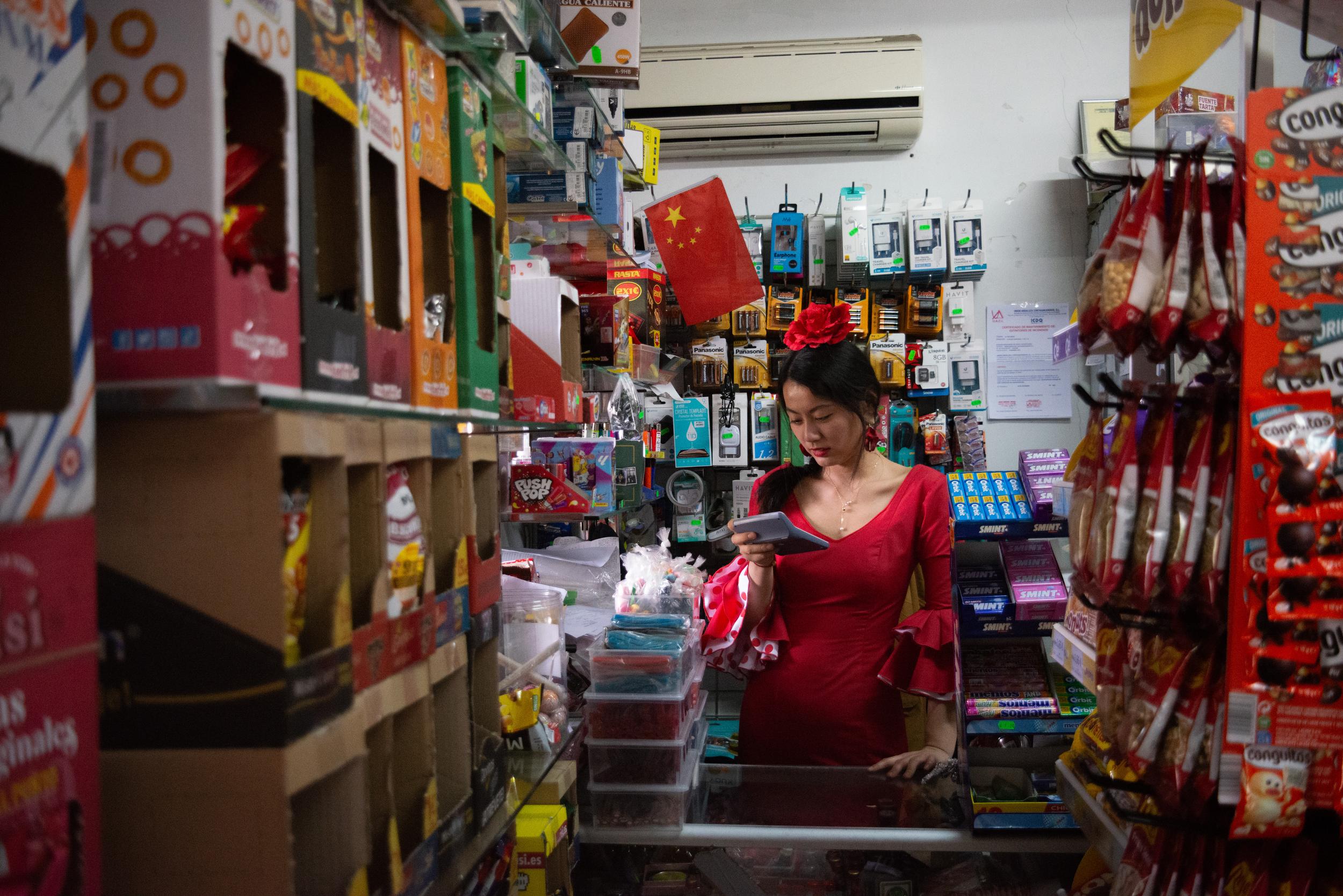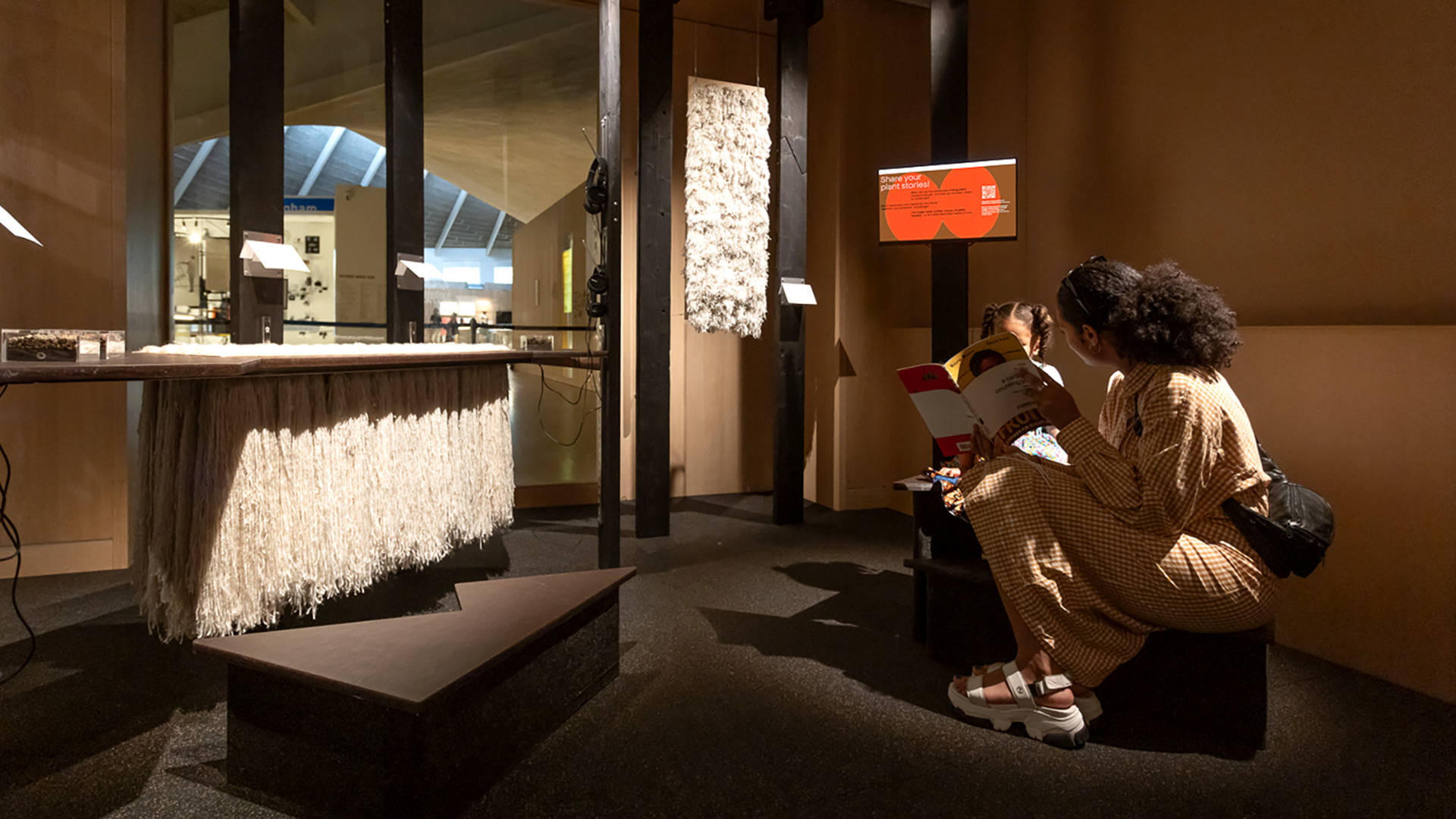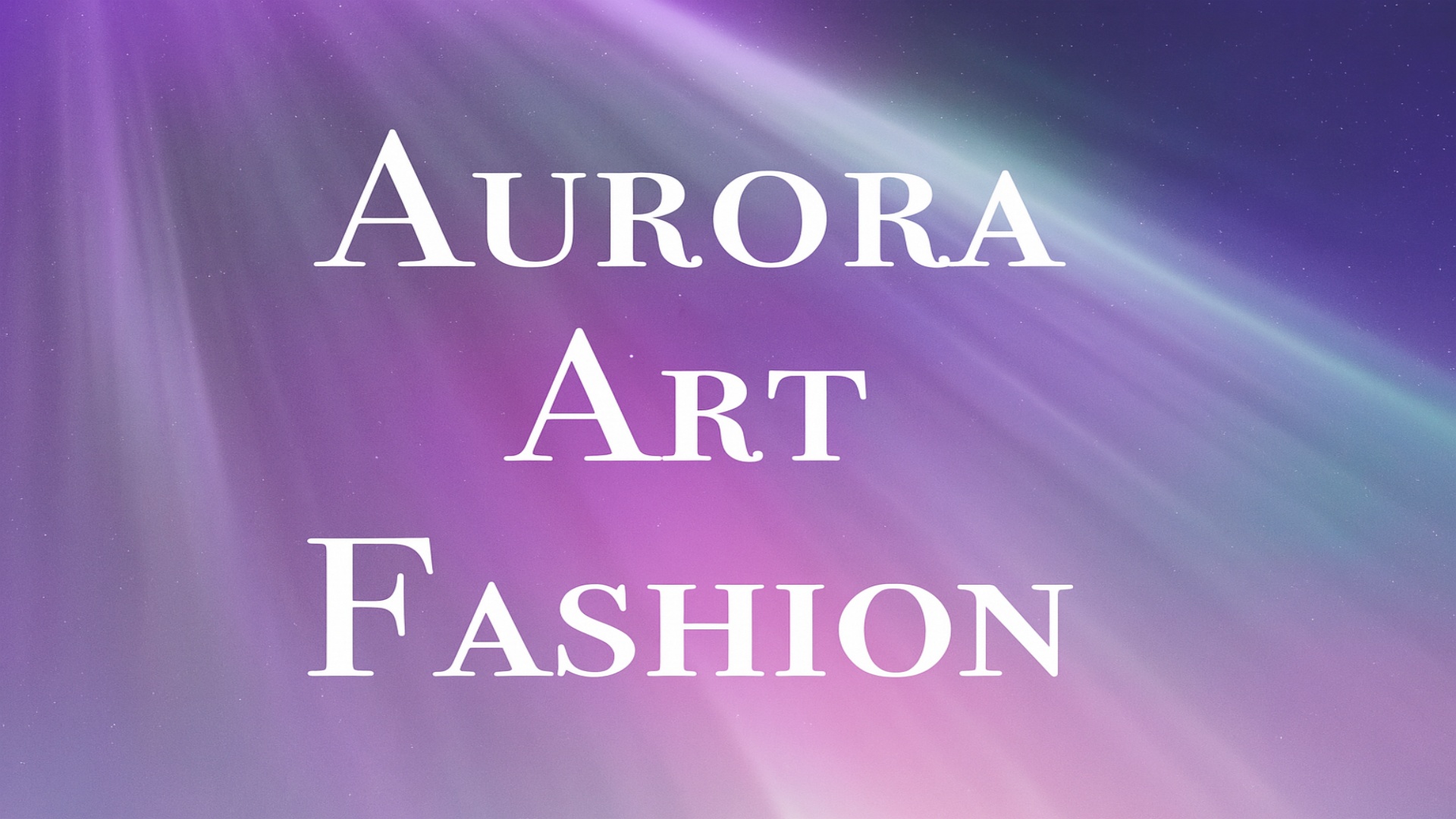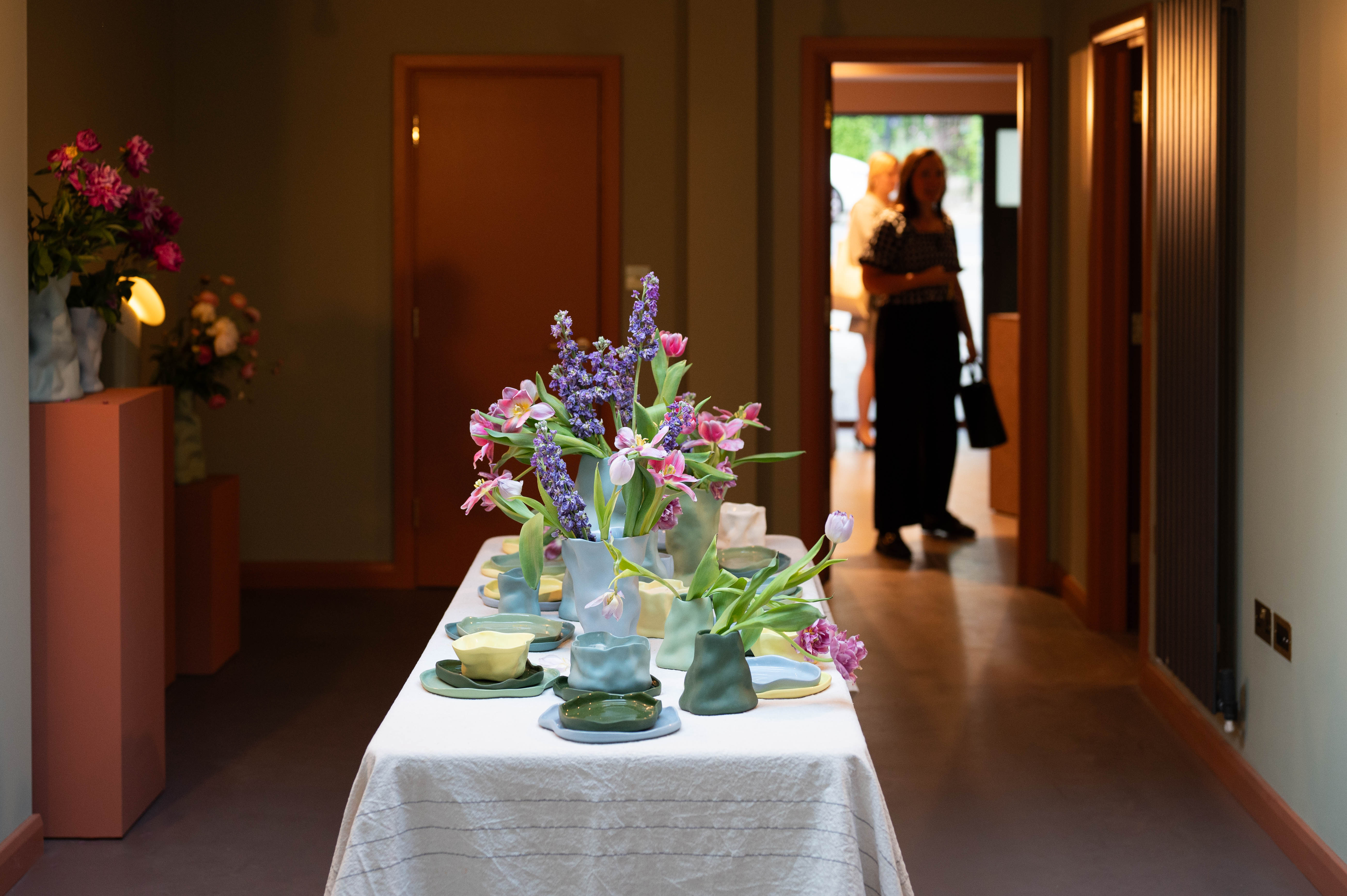No, Zembla: Beyond Exile Group exhibition in Bomb Factory Holborn
Partner Programme
16 — 19 Sept 2025
Multi-Disciplinary Design, Art / Collectibles
16 Sept18:00—21:00
17 Sept10:00—18:00
18 Sept10:00—18:00
19 Sept10:00—14:00
In Person
Free, no ticket required
The Bomb Factory Art Foundation-Holborn
103 Kingsway, London
London
WC2B 6QX
Dot to Dot Collective is delighted to announce No, Zembla, a group exhibition featuring Zehra Ocal, Lei Lu, Yufei Lucia J, Armando Xie, Angel Chaung, Berziga Dien, and Yiwei Yuan.The exhibition will be on view from 16 to 19 September at The Bomb Art Foundation-Holborn.
What to do On suddenly discovering that you Are now a young and vulnerable toad Plump in the middle of a busy road, Or a bear cub beneath a burning pine, Or a book mite in a revived divine. ― Vladimir Nabokov, Pale Fire “Any genuine artist emigrates into his own art and abides there.” — Vladimir Nabokov “No, Zembla” argues for the entangled, polysemous nature of belonging and identity. Zembla is the name of an imagined northern kingdom in Vladimir Nabokov’s Pale Fire, onto which the author projects the memory of a lost homeland, Russia, from which no longer his to inhabit, yet never entirely gone.. However, conditions of contemporary migration are often different from that of prototypical twentieth century exiles, shaped not by a singular loss but by multiple affiliations, porous borders, and an ongoing negotiation of identity. Through a variety of media including Oil , Installations and textile, the seven artists in this exhibition speak to the condition not so much of exile as of nomadism: where there is no single culture of origin nor a final destination, where yearning for a lost homeland is undermined by a very questioning of homeland’s existence, where artists learn to not only live on or within the in-between and the indeterminate. The creativity they bring to the process of rebuilding themselves is not simply tragic, but rather carries a dual attitude of irony, playfulness, and complexity. These unprecedented interpretations make displacement a natural state of existence, as if it were an inevitable experience born of humanity itself. So much that exile, as exemplified by those like Nabokov, is no longer an accurate container for the complexity of nomadic experiences today. The former is more limited and situational. Hence the title of this exhibition: No, Zembla,Its premise is that it hopes the audience will not rush to define their identity, but instead linger in uncertainty for a moment: ‘No’ can be interpreted as refusal or resistance—it rejects the notion of treating a distant and escapist place as a sense of belonging or an answer. It says ‘no’ to the fantasy of identity's essence, as if interrupting some echo, some thought. ‘No’ also hints at an unfinished, unattained process. Belonging may not be something we can grasp in our hands; it keeps ‘Zembla’ on the edge of imagination.
Related








)
)
)
)
)
)
)
)
)
)
)
)